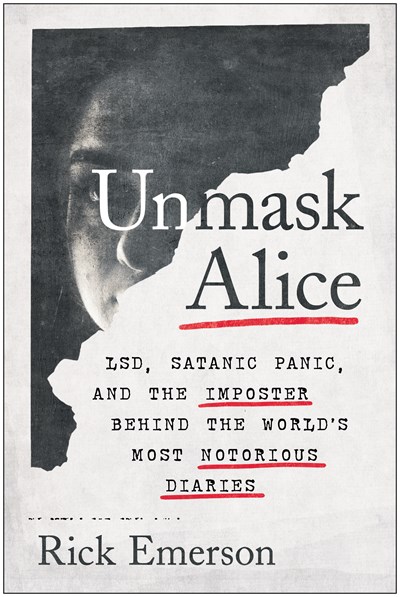What do you think?
Rate this book


349 pages, Hardcover
First published July 5, 2022
Go Ask Alice, by Anonymous, said the rounded font, along with three new words: A Real Diary. Inside, on the splash page, a little piece of brilliance:
Sugar and spice
And everything nice
Acid and smack
And no way back.
Even before its whiplash ending, Alice was brutal, shoving your face in shit. If you made it past the drugs and teenage hookers (and neglected toddlers and gang rapes), Alice’s final meltdown was a long, shrieking nightmare.
“We knew we couldn’t make it illegal to be either against the war or Black,” Nixon’s domestic policy advisor, John Ehrlichman, admitted in 1994, “but by criminalizing [drugs] heavily, we could disrupt those communities . . . arrest their leaders, raid their homes, break up their meetings, and vilify them night after night on the evening news. “Did we know we were lying about the drugs?” asked Ehrlichman. “Of course we did.”
Dan and Fran Keller, the owners of a small day care center in Austin’s Oak Hill suburb, are accused of Satanic ritual abuse. Among the allegations: forcing children to drink blood-laced Kool-Aid, cutting out the heart of a baby, throwing children into a shark-filled swimming pool, and “using Satan’s arm as a paintbrush.” The initial accuser retracts her statement, as does the primary “eyewitness,” but it doesn’t matter. Jurors convict the Kellers, who spend twenty-two years in prison before an appeals court overturns their sentences, freeing the couple. In 2017, district attorney Margaret Moore finally declares both Dan and Fran Keller “actually innocent.”
In most industries, this would be a shitstorm. In publishing, it’s barely an anecdote, and that’s the real warning. When obvious fraud no longer rates attention, let alone rebuke, things get ugly fast, and even good people can believe the very worst.

Amazon | Blog | Bookstagram | Reddit